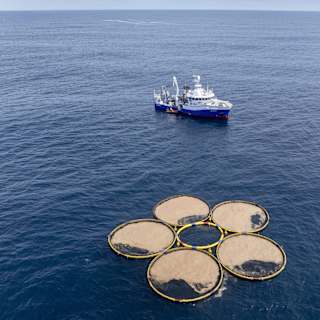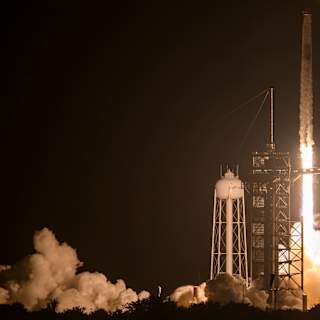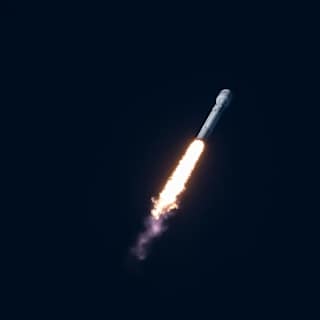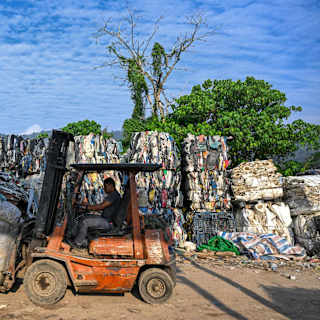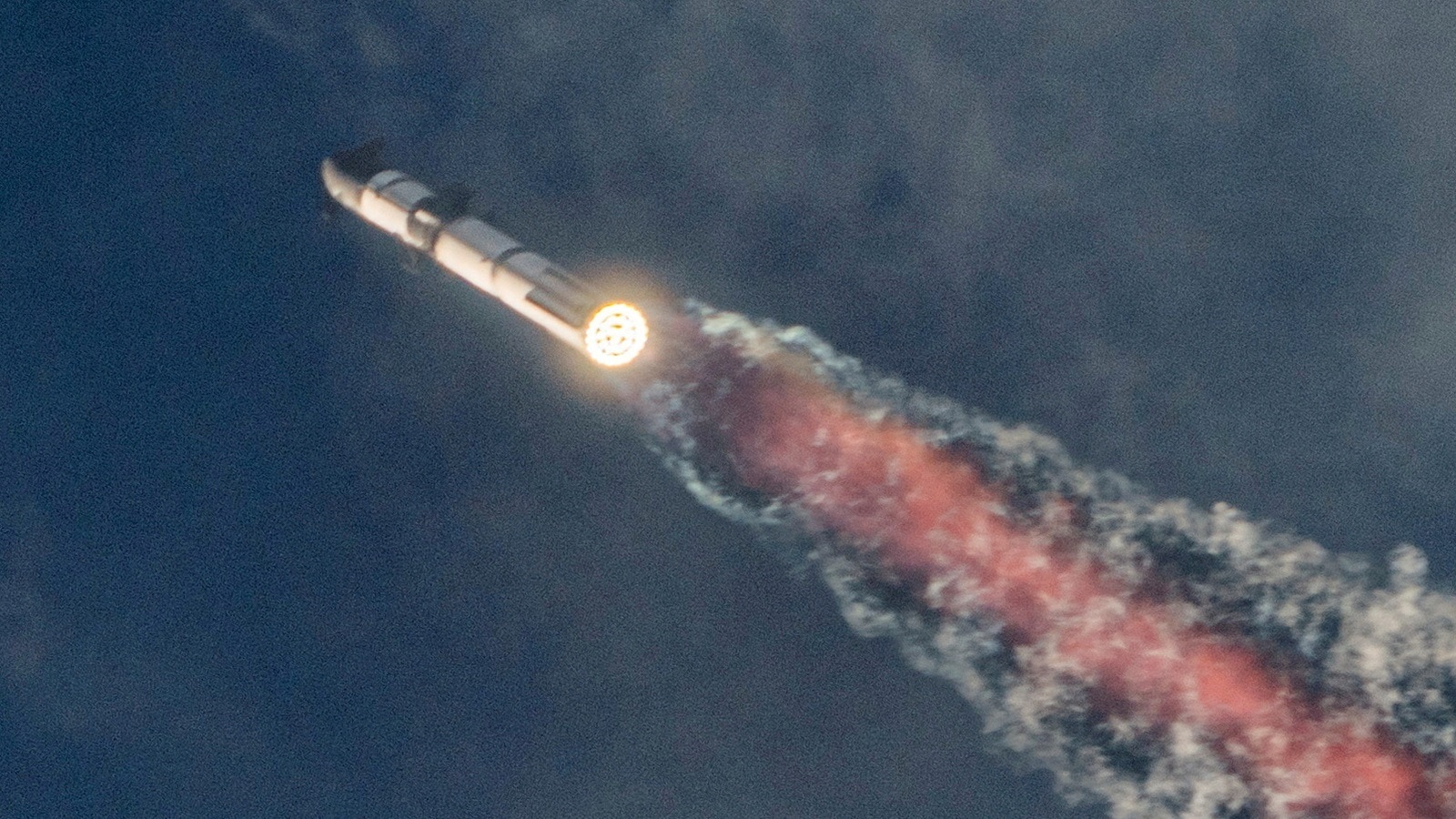- Recent Explosion Triggers Response
- Environmental Concerns Mount
- Pattern of Cross-Border Debris
Mexican President Claudia Sheinbaum threatened legal action against SpaceX on Wednesday over rocket debris and contamination affecting her country's coastline, escalating tensions between Mexico and Elon Musk's space company. The announcement marks the latest diplomatic friction between the two nations over cross-border environmental impacts from private space launches.
"There is indeed contamination," Sheinbaum said during her morning press conference, according to AFP. Mexican officials are studying "which international laws were being violated in order to file the necessary lawsuits".

The legal threat follows a SpaceX Starship rocket explosion during a ground test last week at the company's Starbase facility in south Texas, near the Mexican border12. The explosion sent debris across the Rio Grande into Mexico, with environmental officials documenting plastic, aluminum, rubber, and metal fragments scattered along the coastline3.
Mexican environmental prosecutors and federal agency officials collected the debris on June 21, including materials marked with "SpaceX" branding3. The incident prompted Mexican officials to conduct a "comprehensive review" of the rocket launches' environmental impact on Tamaulipas, the neighboring Mexican state12.
The debris poses particular risks during sea turtle nesting season, with affected beaches serving as critical habitat for endangered species including the Kemp's ridley turtle12. Environmental activist Dr. Elias Ibarra warns the debris could be mistaken for food by turtle hatchlings, further threatening a species where only one in 1,000 hatchlings reaches adulthood3.
"Millions of plastic fragments are reaching the shoreline," reported Conibio Global A.C., a Mexican environmental organization that documented debris across 40 kilometers of coastline24. The group found materials ranging from small plastic shards to 4,500-pound tanks from Starship's fire suppression system24.
This represents the second major debris incident in recent weeks. Following SpaceX's May 27 Starship test flight, when the Super Heavy booster crashed into the Gulf of America, debris washed ashore on Mexican beaches throughout early June12. Environmental crews documented widespread contamination affecting marine ecosystems and local fishing communities1.
The U.S. Federal Aviation Administration approved increasing annual Starship launches from five to 25 in May, despite conservation group objections about environmental impacts34. A potential lawsuit would add to Mexico's recent legal disputes with U.S. tech companies, following Sheinbaum's May lawsuit against Google for renaming the Gulf of Mexico34.
